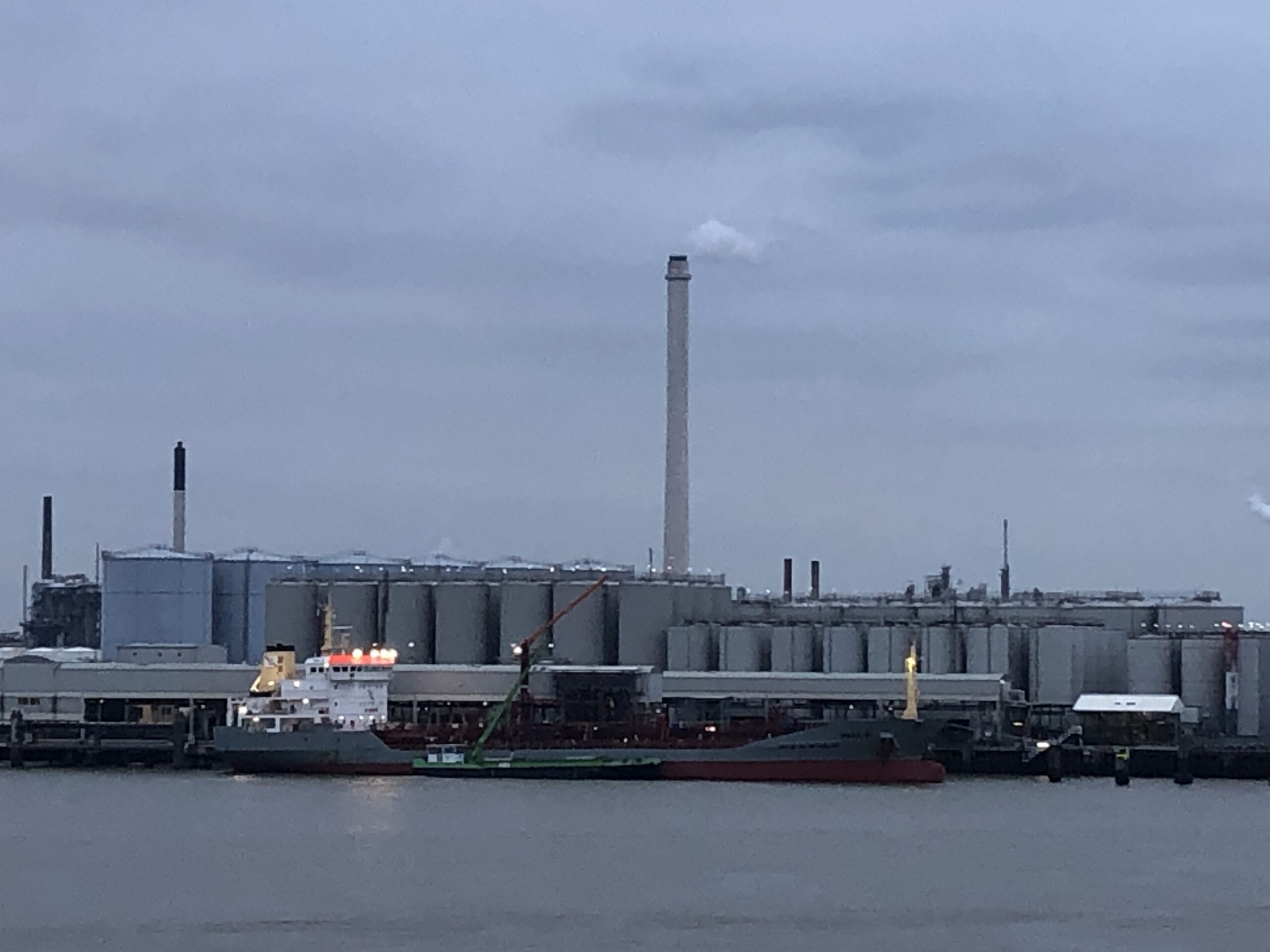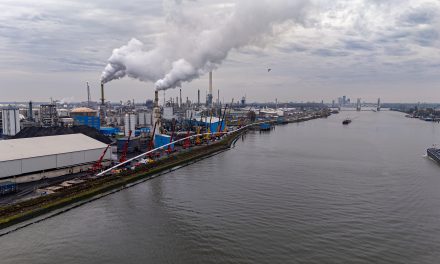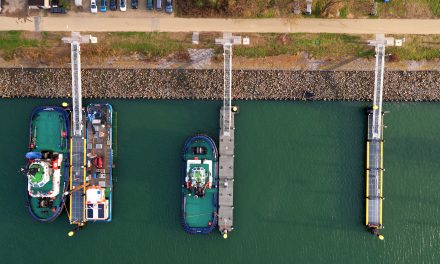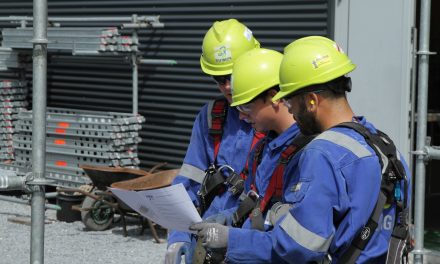
Varend ontgassen valt toch te verbieden

Archieffoto
Verschillende ministers hebben de Tweede Kamer laten weten dat varend ontgassen niet valt te verbieden in Nederland. Onderzoekers van de Erasmus Universiteit Rotterdam stellen dat dit niet juist is.
Bij varend ontgassen worden tanks van binnenvaarttankers leeggeblazen en verdwijnen gassen in de atmosfeer. Al jarenlang zeggen Nederlandse ministers dat zij dit wel willen verbieden, maar niet kunnen. Een nog niet geratificeerd internationaal verdrag zou dit in de weg staan.
Varend ontgassen
Onderzoekers van de Erasmus Universiteit Rotterdam zijn echter tot de conclusie gekomen dat de bewindspersonen het niet bij het rechte eind hebben. Tegen Omroep Flevoland licht professor Alessandra Arcuri van de Erasmus School of Law de uitkomsten toe: “We hebben heel veel juridische bronnen geraadpleegd. Echt duizenden bladzijden hebben we gelezen. En nergens is iets te vinden dat een landelijk verbod in de weg staat. Maar op grond van mensenrechtenverdragen móét Nederland het hoogstwaarschijnlijk verbieden, omdat de gezondheid van inwoners op het spel staat en het milieu wordt belast.”
‘Ernstige gevolgen’
Volgens Arcuri wordt het op deze manier ‘erg moeilijk’ voor het publiek om de overheid te controleren. “Gezien de passiviteit van de Nederlandse overheid en omdat het ontgassen aannemelijk ernstige gevolgen heeft voor de gezondheid, is dit erg zorgelijk. Ook bestaat het risico dat dit soort technische wetten worden gebruikt als excuus om niet te handelen.”
Zie ook: Mammoettanker laadt diesel in Rotterdam
English translation
Shipping degassing can be banned after all
Several ministers have told the House of Representatives that sailing degassing cannot be banned in the Netherlands. Researchers from Erasmus University Rotterdam argue that this is incorrect.
During sailing degassing, tanks of inland tankers are blown empty and gases disappear into the atmosphere. For years, Dutch ministers have said they want to ban this, but cannot. A yet-to-be ratified international treaty would stand in the way of this.
Wrong
However, researchers from Erasmus University Rotterdam have concluded that the ministers are wrong. To Omroep Flevoland, Professor Alessandra Arcuri of the Erasmus School of Law explains the results: “We consulted a lot of legal sources. Really thousands of pages we have read. And nowhere can we find anything that prevents a nationwide ban. But on the basis of human rights treaties, the Netherlands most probably has to ban it, because the health of residents is at stake and the environment is burdened.”
Excuse
According to Arcuri, this way it becomes “very difficult” for the public to monitor the government. “Given the passivity of the Dutch government and because degassing is likely to have serious health consequences, this is very worrying. There is also a risk that this kind of technical law will be used as an excuse for inaction.”









